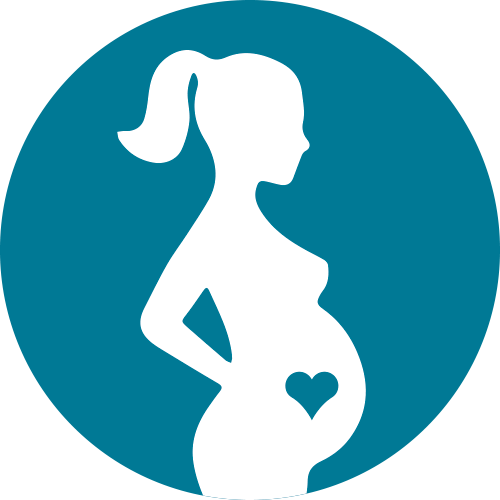Science
Challenge 2: Optimizing Medically Assisted Reproductive Treatment to Infertile CouplesThe aim of ReproUnion’s Challenge 2 is to improve, expand, and simplify the treatment of infertile couples. More specifically, the focus lies on improving and personalizing current fertility treatments, optimizing laboratory protocols, and innovating novel assisted reproductive technologies.
It has been estimated that the world population would stabilize around 10 billion people because family size is naturally reduced to two children, when the likelihood of survival of the offspring is good. However, this prediction assumes that families aim to have 2 to 3 children, which is not the case anymore in many parts of the world. At present, many couples end up with only one or no children at all for various reasons. One prominent cause is that the couples delay childbearing to an older female age, and that many of these couples will need fertility treatment due to a low ovarian reserve.
Despite the success of public health programmes to treat infertility in Scandinavia, only 30% of treatment cycles lead to a live birth. Therefore, the need to improve, expand, and simplify infertility services is an urgent matter, which requires a personalized approach to reproductive medicine. The working group in Challenge 2 is contributing to stimulate the transition of basic research to clinical practice and vice versa, both within ReproUnion and in synergy with initiatives such as the RESPOND project.
Challenge 2 is also driving the recruitment of women to the ReproUnion Biobank & Infertility Cohort (RUBIC). The first Danish and Swedish couples joined RUBIC in June 2020 and in the first year 300 women were interviewed, clinically examined, and contributed with biological samples to the biobank. RUBIC is now reaching a size where it becomes possible to address scientific questions related to the impact of age, health behaviour and psychosocial and sociodemographic factors, when women are hit by infertility. Answers to these questions will help personalise fertility treatment in the future.
End of 2020 ReproUnion received additional funding to research the impact of COVID-19 on reproductive health and Challenge 2 is therefore also focused on researching the impact of the SARS-CoV-2 virus on the female reproductive system.
The biological specimens that are being collected as part of RUBIC will contribute to research, which will help us understand whether COVID-19 affects the prognosis of assisted reproductive treatment as well as how the virus infection might affect the female reproductive organs. Finally, challenge 2 is investigating if the infection can be vertically transmitted from mother to the foetus or the new-born.
Contact
Anja Bisgaard Pinborg
anja.bisgaard.pinborg@regionh.dk
Henriette Svarre Nielsen
henriette.svarre.nielsen@regionh.dk

WORKING GROUP
Anja Bisgaard Pinborg
Professor
Fertility Clinic, Rigshospitalet
Anne Zedeler
Laboratory Director
Fertility Clinic, Hvidovre Hospital
Emir Henic
Associate Professor, Senior Consultant,
Reproductive Medicine Center,
Skåne University Hospital
Hannah Nenonen
Postdoc
Molecular Genetic Reproductive Medicine, Lund University
Henriette Svarre Nielsen
Professor (KU) and Consultant
Depart of Obstetrics and Gynaecology,
Hvidovre Hospital
Ida Hjelmér
Laboratory Researcher
Molecular Genetic Reproductive Medicine, Lund University
Kristina Wendelboe Olsen
Postdoc, PhD
Fertility Clinic, Rigshospitalet
Kristine Løssl
Consultant, PhD
Fertility Clinic, Rigshospitalet
Lone Schmidt
Professor
Dept. of Public Health,
University of Copenhagen
Margareta Kitlinski
Medical Director, Senior Consultant
Reproductive Medicine Center,
Skåne University Hospital
Marie Louise Grøndahl
Laboratory Director
Fertility Clinic, Herlev Hospital
Morten Rønn Petersen
Head of Lab
Fertility Clinic, Rigshospitalet
Nathalie Wang
MD
Fertility Clinic, Rigshospitalet
Nina la Cour Freiesleben
Associate Professor
Fertility Clinic, Hvidovre Hospital
Selma Kløve Landersø
PhD
Fertility Clinic, Rigshospitalet
